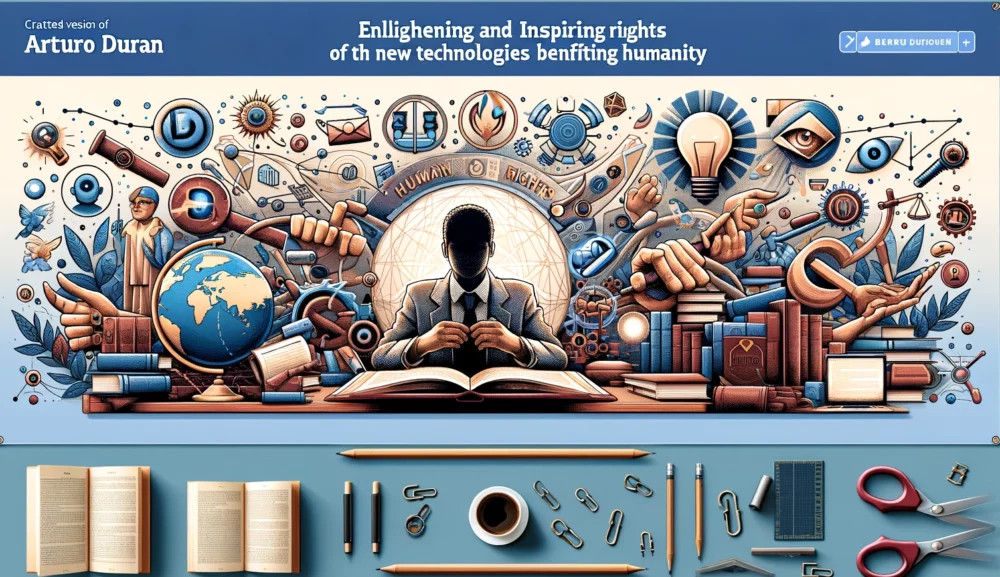September 11th, a date that now carries the weight of two decades, floods my thoughts with an overwhelming surge of memories. A decade ago, on this very day, the world was shaken to its core, leaving an indelible mark on my soul.
I recall that crisp Tuesday morning, ten years past, as I embarked on a journey from Boston to Toronto. The early hours saw me boarding a flight at Logan Airport, a time when Air Canada shared the terminal with United Airlines. Amidst the bustle of travelers, adorned in the light attire of summer, destined for destinations like Los Angeles, an eerie sensation gripped me.
Yet, in the depths of my semi-conscious state, I found myself drifting back in time, to a fateful day twenty-seven years prior. It was a day when news echoed of Salvador Allende’s fall in Chile, a democratically elected leader brought down by the merciless hands of a military “coup d’état.” In my youthful fervor, I held onto a fervent belief that Latin America was in need of leaders who could carve their path through the democratic process, champions of justice and architects of a brighter future for all.
In the wake of that seismic event, my youthful heart ached deeply. Like countless others across Latin America, the demise of Salvador Allende etched an indelible scar across my very being. The names and faces of that movement, which had intertwined with my life, resurfaced in my mind as I stood on the precipice of my flight. Enveloped by the whir of engines and the hum of anticipation, my thoughts cascaded through the corridors of time, a torrent of emotions intertwining past and present.
My ventures didn’t stop there, for destiny seemed to have a penchant for intertwining my path with the ebb and flow of nations.
The evening of November 9, 1989, forever etched in history as the night the Berlin Wall crumbled, holds a deeply personal significance for me. I was present during those tumultuous days, from November 6th to the 11th, navigating a business trip that had abruptly transformed into a front-row seat to history in the making. As I stood amidst the fragments of a divided world giving way to unity, I couldn’t help but reflect on the surreal journey that had brought me to that moment.
In January 27, 2008, I found myself in Jakarta, Indonesia, a witness to the seismic shift that saw Suharto’s regime crumble under the weight of change. My role as the head of the Polaroid Corporation in the country meant I was not merely an observer; I was a participant in the unfolding narrative of transformation. This, after three years of residing in the dynamic landscape of China, where each day presented its own tapestry of experiences and insights.
Yet, the tapestry of my life is woven from threads that span even further. Cast your gaze to March 23, 1994, and you will find me in Tijuana, Mexico, in the company of Luis Donaldo Colosio, who I met in Philadelphia in 1989. Little did I know that our encounter would be a poignant marker in my journey, as Colosio’s presence would forever be intertwined with a momentous period in Mexican history.
These instances, though disparate, form a connective tissue that binds the chapters of my life. They are not mere episodes but rather windows into the transformative power of human events. Through them, I’ve witnessed the collapse of walls both physical and metaphorical, the rise and fall of leaders, and the pulse of change reverberating across nations.
As I reflect on these experiences, I am reminded that life is a mosaic of moments, each contributing its hue to the larger canvas. The events I’ve encountered have imprinted upon me a profound understanding of the fluidity of existence and the resilience of the human spirit. From the fall of walls to the ascent of new beginnings, my journey has been a testament to the enduring force of change and the unwavering human capacity to adapt, evolve, and be present in the midst of history’s unfolding tapestry.
